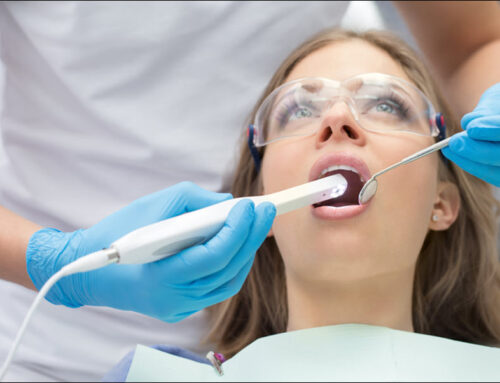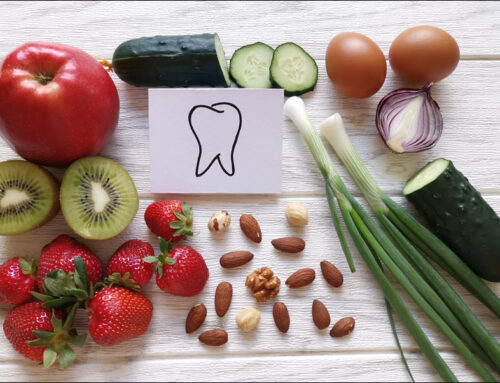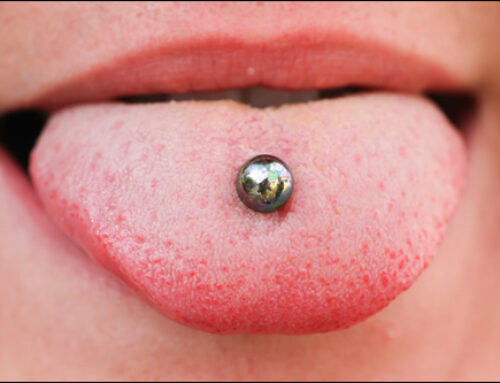Mouth breathing is a habit that often goes unnoticed but can have significant effects on oral health. When we breathe through our mouths instead of our noses, it changes the environment in our mouths, leading to a range of issues that can affect the health of our teeth, gums, and overall oral structure. Recognizing the problems associated with it and knowing how to prevent them can protect your smile and improve your overall health.
Oral Health Problems
 Mouth breathing creates a dry mouth environment that reduces the saliva needed to protect teeth and gums. Saliva plays an important role in neutralizing acids, washing away food particles, and controlling bacterial growth. Without adequate saliva, the mouth becomes more susceptible to bacteria, which can cause various oral health problems.
Mouth breathing creates a dry mouth environment that reduces the saliva needed to protect teeth and gums. Saliva plays an important role in neutralizing acids, washing away food particles, and controlling bacterial growth. Without adequate saliva, the mouth becomes more susceptible to bacteria, which can cause various oral health problems.
- Tooth Decay: A dry mouth encourages bacterial growth, leading to an increased risk of tooth decay. Saliva normally helps wash away acids and bacteria that erode enamel, but mouth breathing limits this natural defense.
- Gum Disease: Without saliva to control bacteria, plaque can build up along the gumline, leading to gingivitis (early gum disease) and, if left untreated, more serious periodontal disease.
- Bad Breath: A dry mouth fosters the growth of bacteria responsible for bad breath. Mouth breathers often struggle with chronic bad breath because the mouth lacks the moisture needed to keep bacteria at bay.
- Jaw and Facial Development Issues in Children: Children who regularly breathe through their mouths may experience improper jaw development, leading to an open bite or narrow palate. This can cause alignment issues that require orthodontic treatment later on.
- Chronic Sore Throat and Inflammation: Mouth breathing often causes dry and irritated tissues, leading to a sore throat and chronic inflammation in the mouth and throat.
Preventing Oral Health Issues Caused by Mouth Breathing
Preventing the oral health risks associated with mouth breathing starts with identifying and addressing the underlying cause. Here are some effective strategies to reduce or prevent mouth breathing and its associated problems:
- Consult a Healthcare Professional: If you or your child is habitually breathing through the mouth, consult a healthcare professional. It is often due to nasal congestion, allergies, enlarged tonsils, or other underlying issues. Treating the root cause may resolve the habit.
- Stay Hydrated: Drinking plenty of water helps counteract dry mouth. Staying hydrated maintains moisture in the mouth, making it more difficult for harmful bacteria to thrive.
- Practice Good Oral Hygiene: Since it increases the risk of decay and gum disease, practicing excellent oral hygiene is essential. Brush twice daily, floss daily, and use a mouthwash to control bacteria and support gum health.
- Use a Humidifier: A humidifier in your bedroom adds moisture to the air, reducing dryness in your mouth while you sleep. This can help mouth breathers wake up with less dryness and discomfort.
- Consider Myofunctional Therapy: Myofunctional therapy involves exercises that strengthen the muscles in the mouth and throat to encourage nasal breathing. This therapy can be especially helpful for children to establish healthy breathing habits.
Breathe Easy, Smile Healthy
Addressing mouth breathing is more than just a comfort issue—it’s essential for maintaining good oral health. By taking steps to prevent the risks associated with mouth breathing, you protect your teeth and gums, support your overall health, and ensure a brighter, healthier smile for the future.






